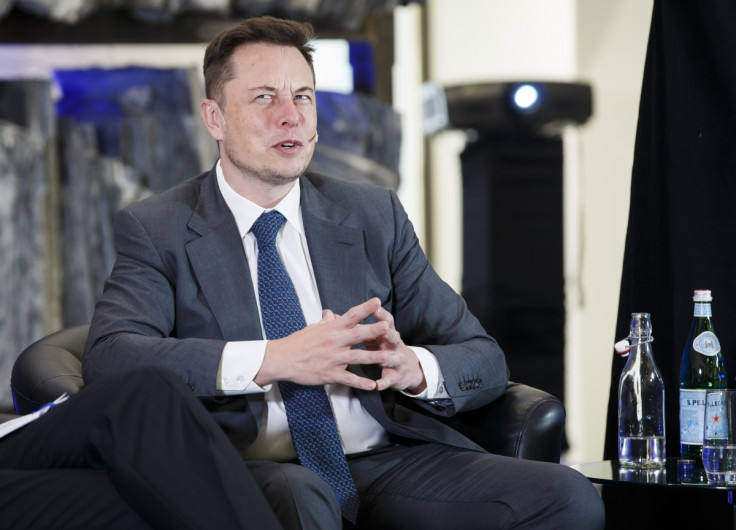Elon Musk's $1bn non-profit launches 'gym' to train AI with Atari games

Tesla CEO Elon Musk's non-profit OpenAI has created a 'gym' to let developers train their artificial intelligence (AI) systems on Atari games and challenges. Launched on 27 April, the non-profit's first batch of open source code includes 'environments' to create situations in which AI can learn and be tested by having them play games, control a robot simulation or complete tasks.
The environments include classic board games, controlling a robot in simulation and 59 Atari games like Asteroids, Alien, Pac-Man, Pong and Space Invaders.
"Over time, we plan to greatly expand this collection of environments," OpenAI's Greg Brockman and John Schulman wrote in a blog post. "Contributions from the community are more than welcome."
The 'gym' will also feature a leaderboard of the most successful systems. However, instead of showing the highest scores, the leaderboard will rank systems based on their versatility.
"It's not just about maximising score; it's about finding solutions which will generalise well," a how-to guide from OpenAI explained. "Solutions which involve task-specific hardcoding or otherwise don't reveal interesting characteristics of learning algorithms are unlikely to pass review."
The platform currently works with various open-source AI frameworks such as Google's TensorFlow and the University of Montreal's Theano.
Our reinforcement learning toolkit, OpenAI Gym, is now in public beta: https://t.co/8fMRLjSJQb.
— OpenAI (@open_ai) April 27, 2016
OpenAI hopes the tasks will give the non-profit and other researchers a way to rank, compare and improve various AI approaches, including reinforcement learning algorithms, and potentially unveil new ways to teach machines to learn.
Reinforcement learning research, which "studies how an agent can learn to achieve goals in a complex, uncertain environment," has become a popular area of AI academic and industry research in recent years. However, the research has been "slowed down" due to a need for better benchmarks and a lack of standardisation of environments, according to OpenAI. The non-profit says the gym is "an attempt to fix both problems."
Researchers have often turned to games to test and build the strength of their AI systems. In 1997, IBM's Deep Blue computer famously beat then world chess champion Garry Kasparov. Recently, Google's AlphaGo bested Go world champion Lee Sedol in a historic series win that marked a milestone in the progress of machine learning. Reinforcement learning was one component of AlphaGo's development.
In December, Elon Musk and Y Combinator's Sam Altman caused quite a stir when they reeled in several high-profile researchers and backers to join the $1bn non-profit. The non-profit's list of donors include Musk himself, PayPal Holding Inc co-founder Peter Thiel, LinkedIn Corp co-founder Reid Hoffman, Amazon Web Services, Infosys and former Stripe CTO Greg Brockman.
One of the organization's key goals is to release most of its cutting-edge research for free to help speed up AI research and make the development process as transparent as possible.
"Since our research is free from financial obligations, we can better focus on a positive human impact," the team said. "We believe AI should be an extension of individual human wills and, in the spirit of liberty, as broadly and evenly distributed as is possible safely."
Musk has not shied away from expressing his concerns over AI, previously comparing it to "summoning the demon".
"I think the best defense against the misuse of AI is to empower as many people as possible to have AI," Musk told Medium's Backchannel in December. "If everyone has AI powers, then there's not any one person or a small set of individuals who can have AI superpower."
The OpenAI gym is currently in open beta for researchers to start submitting their algorithms. It is initially available within Python with plans to update for any language and expand the selection of environments in the near future.
© Copyright IBTimes 2025. All rights reserved.





















